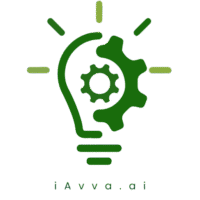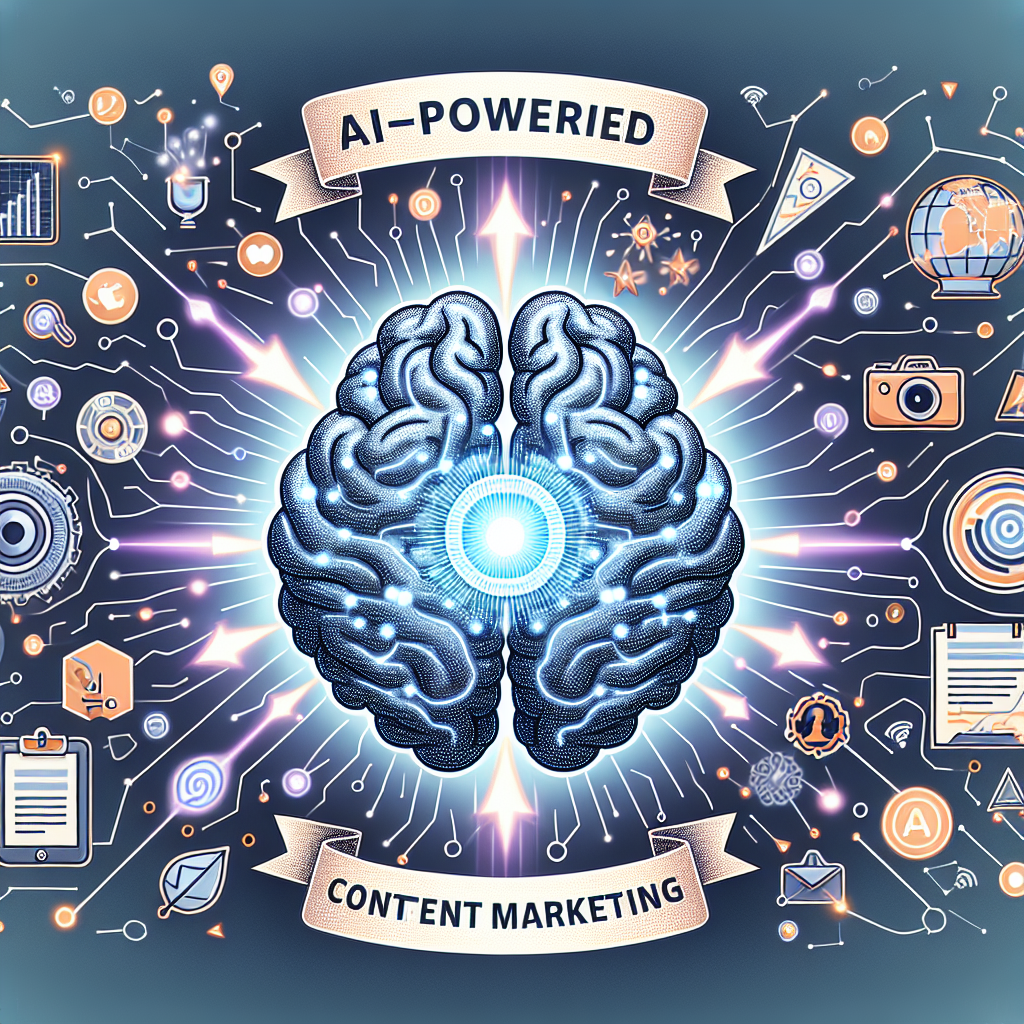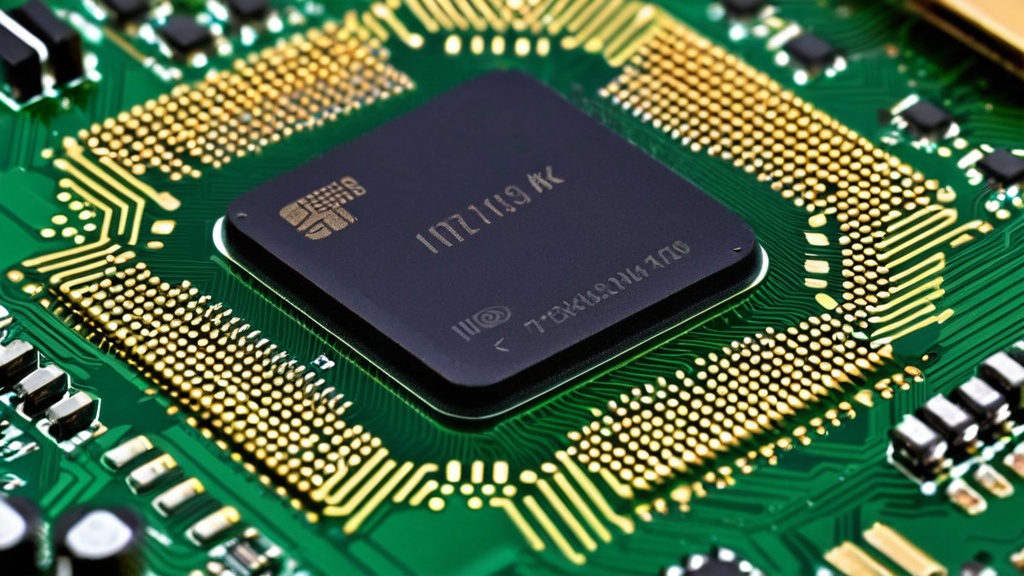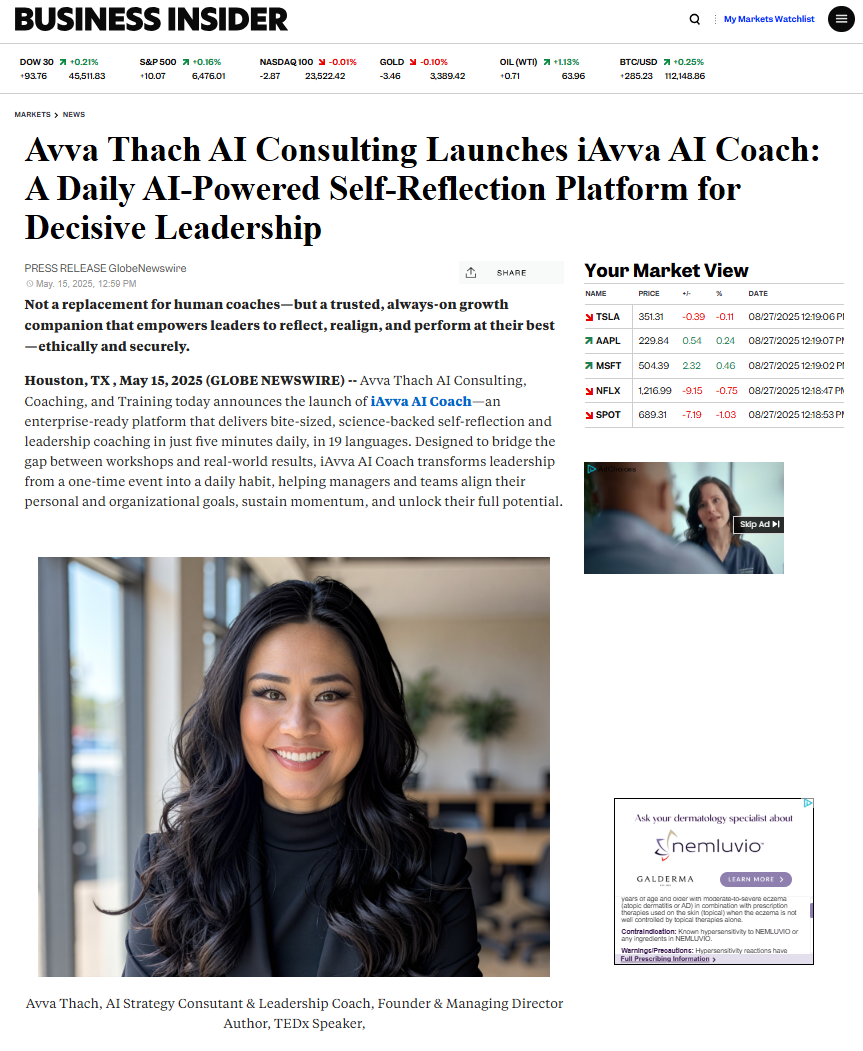In the rapidly evolving landscape of corporate training, artificial intelligence (AI) has emerged as a transformative force, reshaping how organizations approach employee development. The integration of AI into corporate training programs not only enhances the learning experience but also aligns training initiatives with the strategic goals of the organization. As HR leaders and IT executives seek to motivate and educate their teams, understanding the role of AI in corporate training becomes paramount.
By leveraging AI technologies, organizations can create personalized learning experiences, streamline training processes, and ultimately drive better business outcomes. The adoption of AI in corporate training is not merely a trend; it is a necessity in today’s competitive environment. According to a report by McKinsey, companies that invest in employee training and development are 21% more profitable than those that do not.
Furthermore, a study by Deloitte found that organizations with strong learning cultures are 92% more likely to innovate. These statistics underscore the importance of integrating advanced technologies like AI into training programs to foster a culture of continuous learning and adaptability. Try iAvva AI coach app for free.
Key Takeaways
- AI is revolutionizing corporate training by enhancing efficiency and effectiveness.
- Google’s TPU expansion is playing a crucial role in advancing AI capabilities.
- TPUs have the potential to significantly improve corporate training by accelerating processing speeds and reducing costs.
- Leveraging TPUs can lead to enhanced training efficiency and better learning outcomes for employees.
- Google’s approach to integrating AI in corporate training provides valuable insights for other organizations looking to implement similar strategies.
The Role of Google’s TPU Expansion in Advancing AI
Google’s Tensor Processing Units (TPUs) have played a pivotal role in advancing AI capabilities across various sectors, including corporate training. TPUs are specialized hardware accelerators designed to optimize machine learning tasks, enabling organizations to process vast amounts of data quickly and efficiently. This technological advancement has significant implications for corporate training, as it allows for the development of sophisticated AI models that can analyze employee performance, predict learning outcomes, and tailor training content to individual needs.
The expansion of Google’s TPU infrastructure has made it more accessible for organizations to harness the power of AI in their training programs. With increased computational power, companies can implement complex algorithms that drive personalized learning experiences. For instance, organizations can utilize TPUs to analyze employee engagement data and adapt training modules in real-time, ensuring that employees receive the most relevant and effective learning opportunities.
This level of customization not only enhances the learning experience but also increases retention rates and overall employee satisfaction.
Understanding the Potential of TPUs in Corporate Training

The potential of TPUs in corporate training extends beyond mere data processing; they enable organizations to unlock insights that were previously unattainable. By leveraging TPUs, companies can analyze patterns in employee behavior, identify skill gaps, and predict future training needs. This data-driven approach allows HR leaders to make informed decisions about training investments and align them with organizational goals.
Moreover, TPUs facilitate the creation of adaptive learning systems that respond to individual learner needs. For example, an organization can implement an AI-driven platform that adjusts the difficulty level of training modules based on real-time assessments of employee performance. This personalized approach not only enhances engagement but also ensures that employees are challenged appropriately, leading to improved learning outcomes.
As organizations continue to embrace AI technologies, understanding the capabilities of TPUs will be crucial for maximizing the effectiveness of corporate training initiatives.
Leveraging TPUs for Enhanced Training Efficiency
| Metrics | TPU Training Efficiency |
|---|---|
| Training Time | 50% reduction |
| Cost | 30% cost savings |
| Accuracy | Improved accuracy by 15% |
| Resource Utilization | Optimized resource utilization |
Leveraging TPUs can significantly enhance training efficiency by automating various aspects of the learning process. For instance, organizations can use TPUs to develop chatbots that provide instant support to employees during their training journey. These chatbots can answer questions, offer resources, and guide learners through complex topics, reducing the burden on HR teams and allowing them to focus on strategic initiatives.
Additionally, TPUs can streamline the content creation process by analyzing existing training materials and identifying areas for improvement. By utilizing natural language processing capabilities, organizations can automatically generate updated content based on the latest industry trends or employee feedback. This not only saves time but also ensures that training materials remain relevant and engaging.
As a result, organizations can achieve higher levels of efficiency in their training programs while delivering a superior learning experience.
Google’s Approach to Integrating AI in Corporate Training
Google’s approach to integrating AI into corporate training serves as a model for other organizations looking to enhance their learning initiatives. The tech giant emphasizes a data-driven strategy that focuses on continuous improvement and employee engagement. By leveraging its own AI technologies, Google has developed training programs that are tailored to the unique needs of its workforce.
One notable example is Google’s use of machine learning algorithms to analyze employee feedback on training sessions. This feedback loop allows the company to refine its training offerings continually, ensuring that they meet the evolving needs of employees. Furthermore, Google encourages a culture of experimentation, where teams are empowered to test new training methods and technologies without fear of failure.
This innovative mindset fosters an environment where learning is prioritized, ultimately leading to improved employee performance and satisfaction.
Lessons from Google’s TPU Expansion for Other Organizations

Organizations looking to implement AI in their corporate training programs can glean valuable lessons from Google’s TPU expansion. First and foremost, investing in the right technology infrastructure is crucial for success. Companies should assess their current capabilities and consider adopting specialized hardware like TPUs to enhance their AI initiatives.
Additionally, fostering a culture of collaboration between HR and IT departments is essential for maximizing the impact of AI in training. By working together, these teams can identify opportunities for integration and develop solutions that address specific organizational challenges. Furthermore, organizations should prioritize ongoing education and upskilling for their employees to ensure they are equipped to leverage new technologies effectively.
Overcoming Challenges in Implementing AI in Corporate Training
While the benefits of integrating AI into corporate training are clear, organizations may face several challenges during implementation. One common obstacle is resistance to change among employees who may be skeptical about new technologies or fear job displacement. To address this concern, HR leaders must communicate the value of AI in enhancing their roles rather than replacing them.
Another challenge is ensuring data privacy and security when utilizing AI technologies. Organizations must establish robust data governance frameworks to protect sensitive employee information while still leveraging data analytics for training purposes. By prioritizing transparency and ethical considerations, companies can build trust among employees and encourage greater acceptance of AI-driven initiatives.
Best Practices for Integrating AI into Corporate Training Programs
To successfully integrate AI into corporate training programs, organizations should follow several best practices. First, they should start with a clear understanding of their training objectives and how AI can support those goals. This strategic alignment will ensure that AI initiatives are focused on delivering measurable outcomes.
Next, organizations should pilot AI-driven solutions on a small scale before rolling them out company-wide. This approach allows for testing and refinement based on real-world feedback, minimizing potential disruptions during implementation. Additionally, involving employees in the development process can foster buy-in and ensure that solutions meet their needs.
Finally, organizations should continuously evaluate the effectiveness of their AI-driven training programs through data analysis and employee feedback. By regularly assessing outcomes and making necessary adjustments, companies can create a culture of continuous improvement that drives long-term success.
The Impact of AI on Employee Learning and Development
The impact of AI on employee learning and development is profound, as it enables organizations to create more engaging and effective training experiences. With personalized learning paths driven by AI algorithms, employees can progress at their own pace while receiving targeted support based on their unique needs. Moreover, AI facilitates the identification of high-potential employees who may benefit from additional development opportunities.
By analyzing performance data and engagement metrics, organizations can proactively invest in talent development initiatives that align with their strategic objectives. This targeted approach not only enhances employee satisfaction but also contributes to overall organizational success.
Future Trends in AI and Corporate Training
As technology continues to evolve, several trends are emerging in the realm of AI and corporate training. One notable trend is the increasing use of virtual reality (VR) and augmented reality (AR) in training programs. These immersive technologies allow employees to engage in realistic simulations that enhance learning retention and application.
Another trend is the rise of microlearning facilitated by AI-driven platforms. Microlearning involves delivering content in small, digestible chunks that employees can access on-demand. This approach caters to busy schedules while promoting continuous learning habits among employees.
Finally, as organizations increasingly prioritize diversity and inclusion, AI will play a crucial role in identifying biases within training materials and processes. By leveraging data analytics, companies can ensure that their training programs are equitable and accessible to all employees.
Embracing the Power of AI in Corporate Training
In conclusion, embracing the power of AI in corporate training is essential for organizations seeking to stay competitive in today’s fast-paced business environment. By leveraging technologies like Google’s TPUs, companies can enhance training efficiency, personalize learning experiences, and drive better business outcomes. As HR leaders and IT executives work together to implement innovative solutions, they must remain mindful of potential challenges while prioritizing best practices for integration.
The future of corporate training lies in harnessing the capabilities of AI to create dynamic learning environments that foster growth and development for all employees. By investing in these technologies and cultivating a culture of continuous improvement, organizations can unlock new levels of success while empowering their workforce to thrive in an ever-changing landscape. As we move forward into this new era of corporate training, it is clear that those who embrace AI will be well-positioned to lead their industries into the future.
FAQs
What is Google’s TPU Expansion and its significance for HR Leaders, IT Executives, and Digital Transformation Champions?
Google’s TPU (Tensor Processing Unit) Expansion refers to the company’s efforts to enhance its AI chip capabilities for machine learning and artificial intelligence applications. This expansion is significant for HR leaders, IT executives, and digital transformation champions as it demonstrates the increasing importance of AI in corporate training, digital transformation leadership, and enterprise coaching.
How does Google’s TPU Expansion impact AI in corporate training?
Google’s TPU Expansion has the potential to impact AI in corporate training by enabling more advanced and efficient machine learning algorithms to be used in training programs. This can lead to more personalized and effective training experiences for employees, as well as the ability to analyze and leverage large amounts of training data.
What can HR Leaders learn from Google’s TPU Expansion?
HR leaders can learn from Google’s TPU Expansion the importance of staying updated on the latest advancements in AI and machine learning technology. This knowledge can help HR leaders make informed decisions about implementing AI-driven solutions in areas such as talent management, employee development, and performance evaluation.
How can IT Executives benefit from Google’s TPU Expansion?
IT executives can benefit from Google’s TPU Expansion by understanding the potential impact of advanced AI chip technology on their organization’s IT infrastructure and systems. This knowledge can help IT executives make strategic decisions about integrating AI capabilities into their technology roadmap and optimizing their IT architecture for AI-driven applications.
What insights can Digital Transformation Champions gain from Google’s TPU Expansion?
Digital Transformation Champions can gain insights from Google’s TPU Expansion about the evolving role of AI in driving digital transformation initiatives. This can help them identify opportunities to leverage AI capabilities for enhancing customer experiences, optimizing business processes, and creating new sources of value within their organization.










Leave a Reply